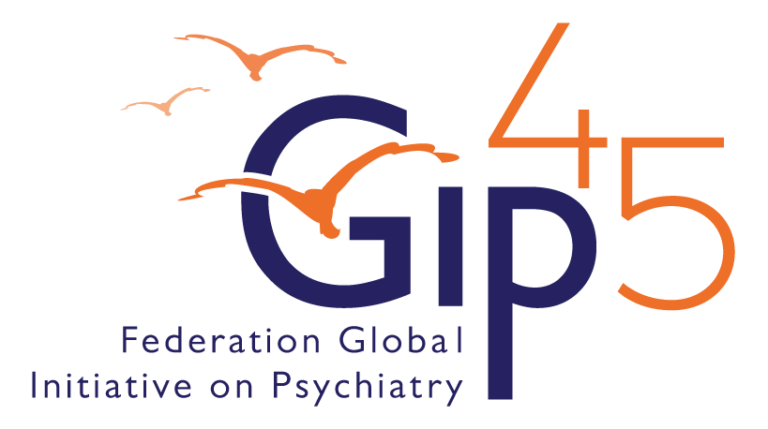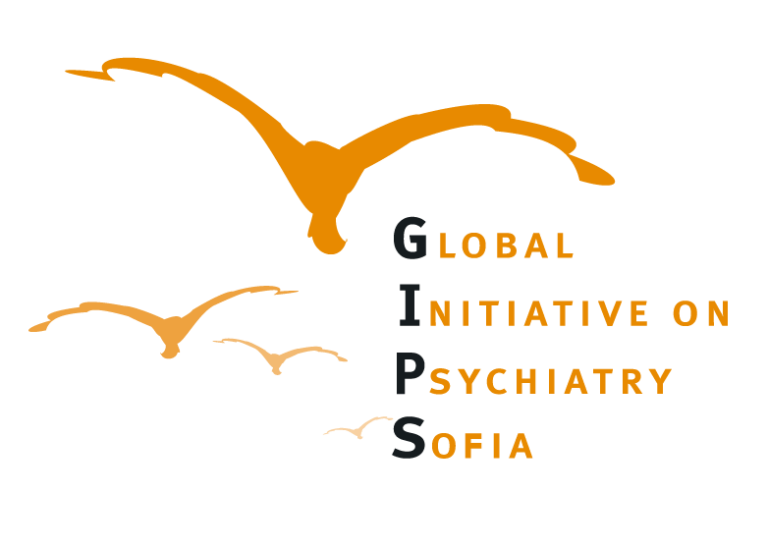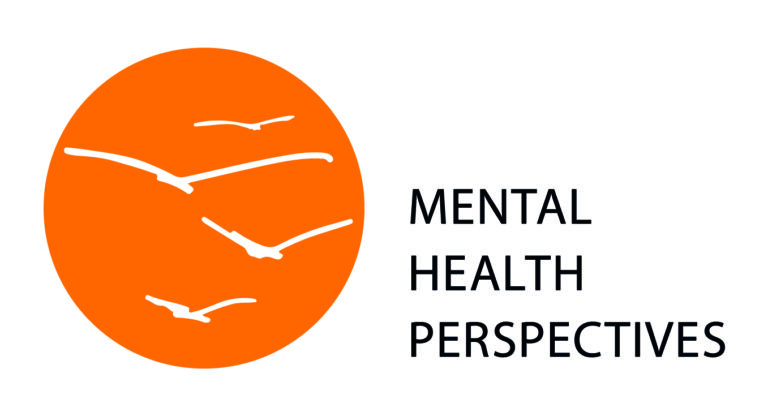Our Member Organisations
Human Rights in Mental Health-FGIP is a federation of non-governmental organisations in mental health that share the same values and have the same mission and vision. The current members are all off-springs of GIP-Hilversum and were founded during the first decade of this century. They are all independent legal entities with their own boards and staffing, and work within the context of our mission and vision in their own specific ways. Chairpersons of the boards of the members of the federation are member of the Federation Council, the highest authority of Human Rights in Mental Health-FGIP.
Members of the Federation
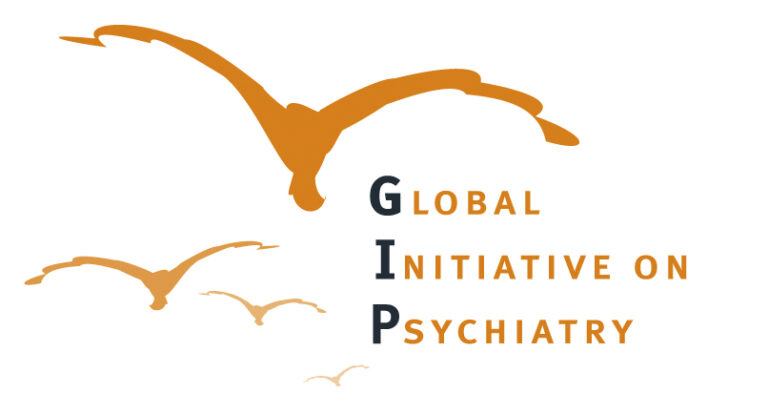
Global Initiative on Psychiatry – Ukraine
Director - Julia Pievskaya
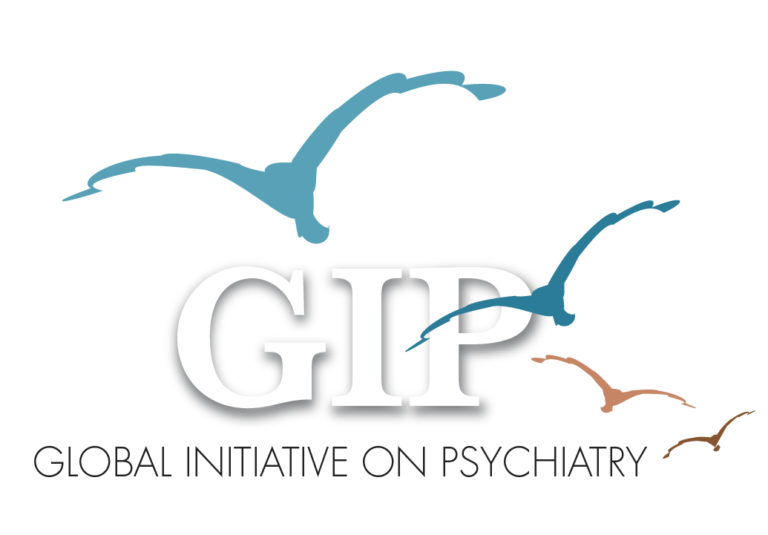
GIP-Benelux
Director - Rob Keukens

